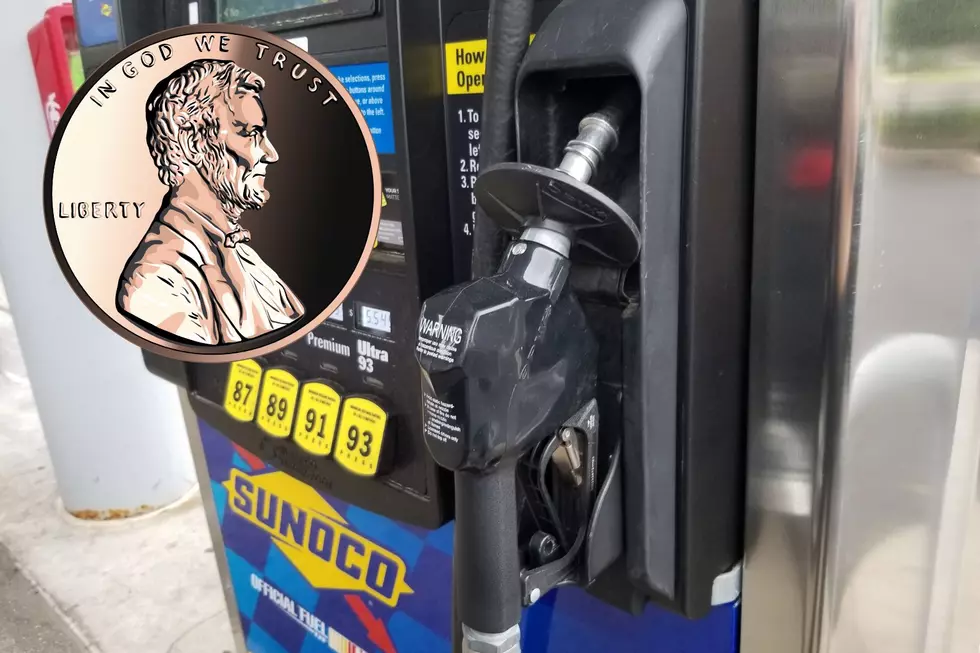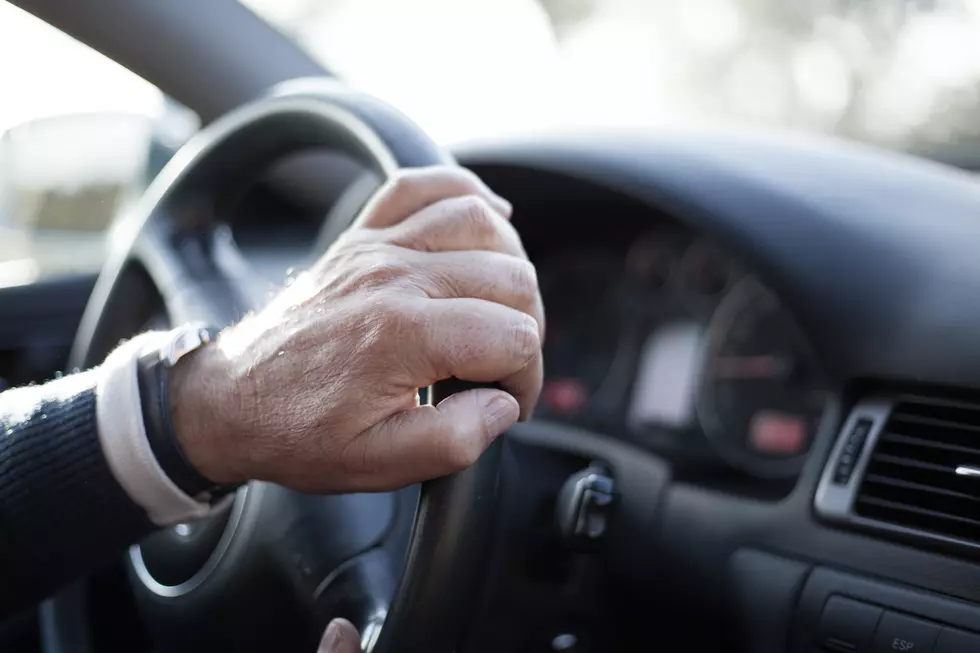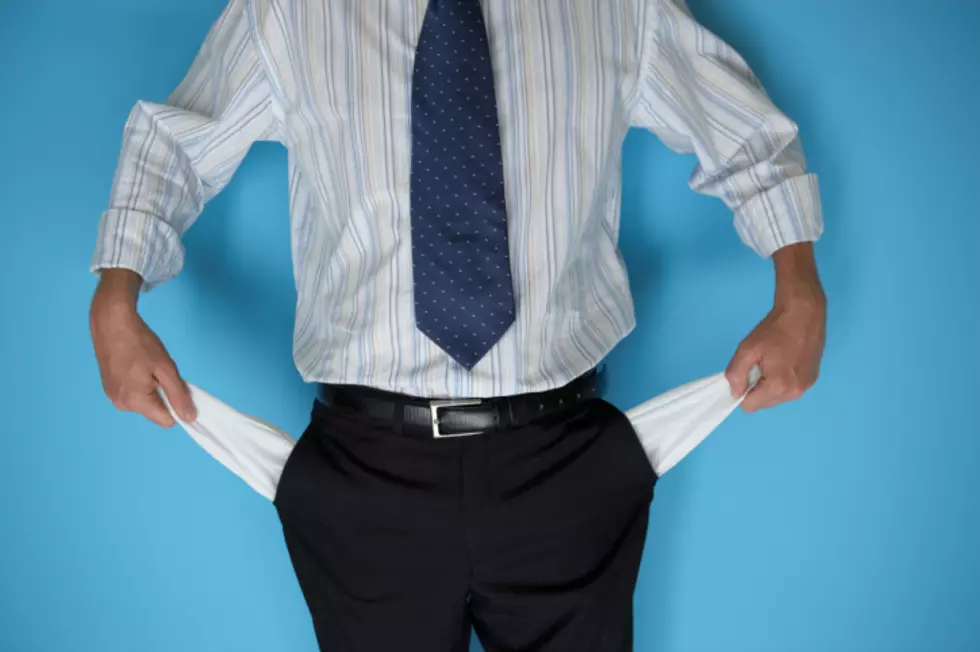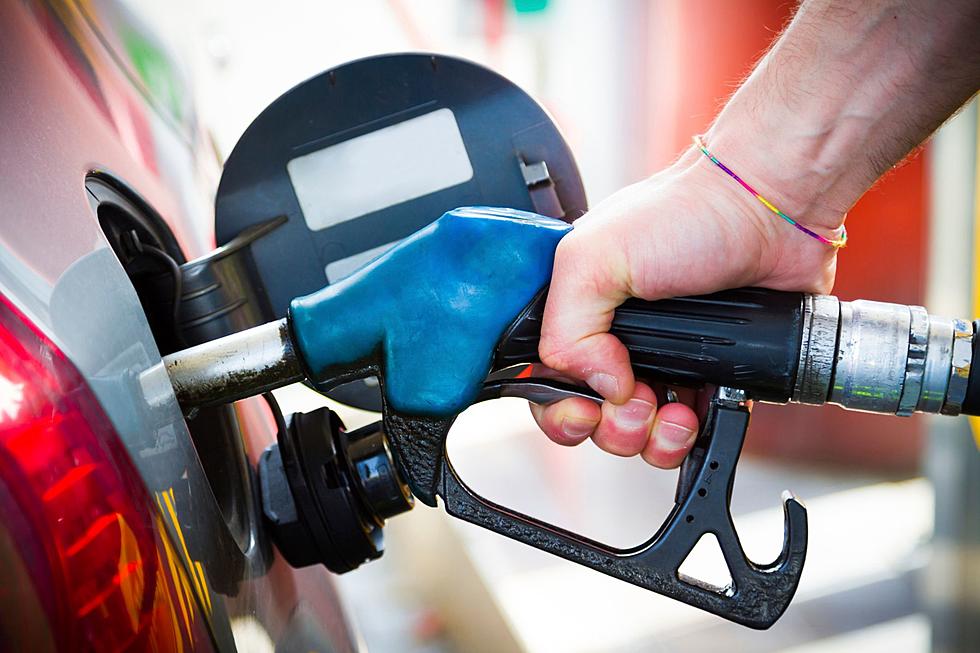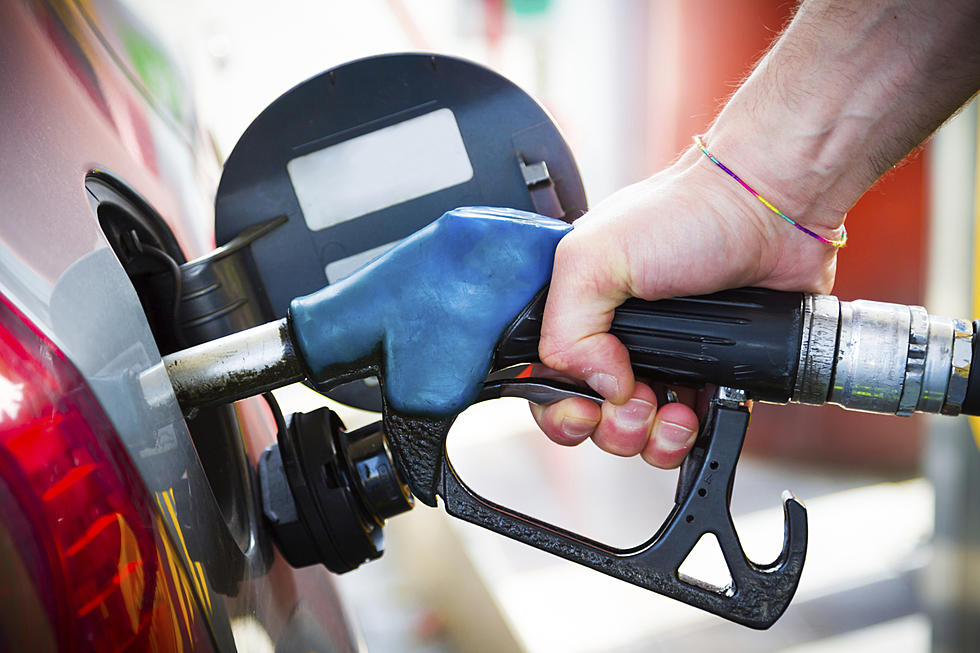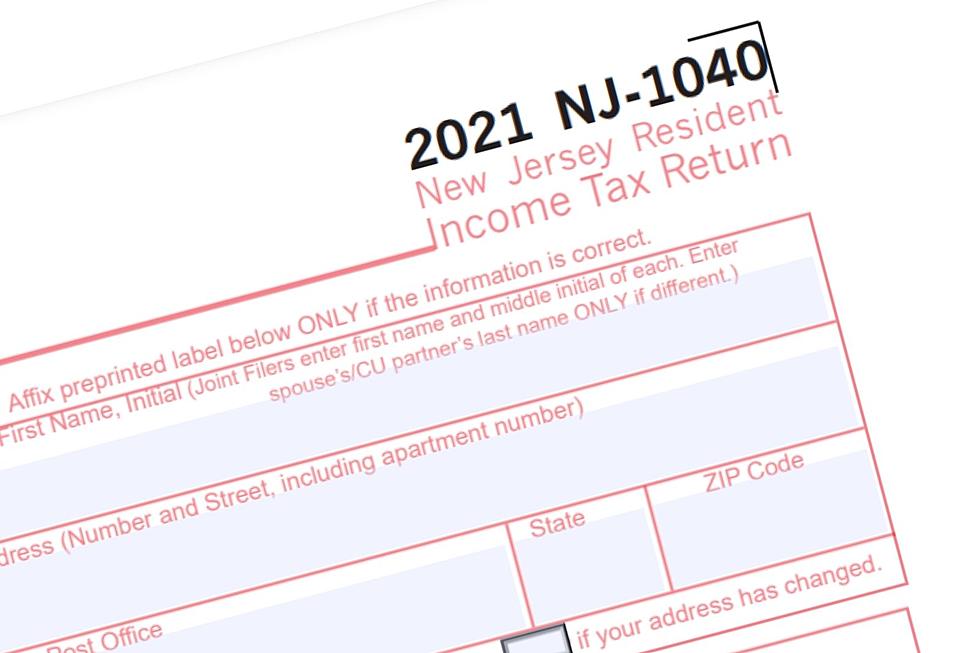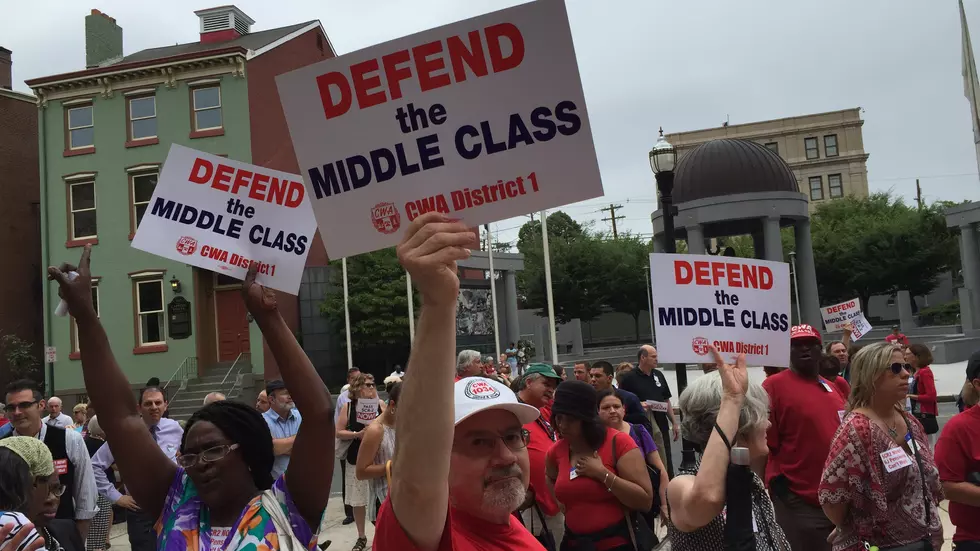
Gas-tax math: NJ presumes traffic down over 12% through mid-2021
Gas taxes will rise by more than 9 cents a gallon in three weeks in part because the Murphy administration presumes traffic volume will remain more than 12% below pre-pandemic levels at least through the start of next summer.

The gas tax rate is adjusted each year based on a formula written into state law in 2016. It’s based in part on collections over the past year and in part on projected gasoline consumption over the coming year.
Those consumption trends were projected based on weekly, work-week and weekend traffic data from the state Department of Transportation from March, April, May and June, Deputy State Treasurer Catherine Brennan told the Assembly Budget Committee at a hearing Wednesday.
“The trends that we’ve estimated in our consumption are about 16% lower than pre-COVID levels for the first part of the (fiscal) year, and then we’ve assumed that trends, traffic patterns will continue at about 12.5% lower for the second half of the year,” Brennan said.
Brennan said traffic was down around 18.8% during the work week at the peak of the pandemic, but Martin Poethke, director of the Office of Revenue and Economic Analysis, said it had been worse than that.
“Traffic volumes had dropped quite a bit more than that early in the pandemic and have rebounded a bit so that they’re sort of negative 16% to 18% range recently,” Poethke said.
“We’re also assuming that the 16% to 18% decline in consumption and traffic volume that we’ve seen in the data that that’s largely going to continue for much of the rest of the year as people work from home, as they’re schooled from home,” he said.
Assemblywoman Serena DiMaso, R-Monmouth, said the Treasury Department should recalculate the gas tax rate before the hike goes into effect because it’s too pessimistic about future driving volume. She said people are returning to work and that even in July, traffic at the Shore had rebounded to the point beaches sometimes needed to be closed.
“In fairness, the state was completely shut down in March and April. It started to slowly open up in May and June. And so to use those numbers to base the rest of the year on when we are continually opening up is really not a fair set of numbers to be using,” DiMaso said.
The Federal Highway Administration estimates that the number of miles driven in New Jersey was 16% lower this June than in June 2019. The year-over-year declines had been 40% in May, 53% in April and 25% in March.
DiMaso said the state raised the gas tax 4.3 cents in 2018 because of a $125 million shortfall and now is raising it 9.3 cents to cover a $154 million shortfall.
“It seems almost as if we’re padding the coffers a little bit so that next year we can have a reduction,” DiMaso said.
“I’m not trying to be argumentative, but we know that next year the governor’s up for re-election, so with the formula based the way it is, and next year the number can be adjusted downward,” she said. “And then it looks great that he took back a tax, when this year, when we need the help the most, we shouldn’t raise the tax (9.3 cents)."
State Treasurer Elizabeth Maher Muoio said the tax is based on a formula, not politics.
“This has absolutely nothing to do with election-year tax rates,” Muoio said. “Our decision is formulaic and completely built and based on consumption data.”
Poethke said if there’s a rebound in revenue, the tax rate could go down when recalculated next summer.
“So there would be a possibility that the rate could go back down 12 months from now if consumption increases,” Poethke said.
The tax rate was increased by 22.6 cents a gallon in 2016 and 4.3 cents a gallon in 2018. It stayed the same in 2017 and 2019 – the last two years there were state-level elections.
Muoio decides the gas-tax adjustment as treasurer, after consulting with Frank Haines, the Office of Legislative Services budget and finance officer. Haines said OLS had looked at scenarios before getting consumption data from the Treasury Department and that the 9.3 cent increase was “in a range of logical conclusions.”
“We came in with a range of 5 to 10 cents as a defendable decision,” Haines said.
Muoio told lawmakers that after receiving consumption data from the administration, the OLS had calculated a 9.1 cent per gallon increase.
“So I don’t see that as a huge difference,” she said.

More From Townsquare Media News:
Don't Use Disinfecting Wipes On These Items
More From Beach Radio
